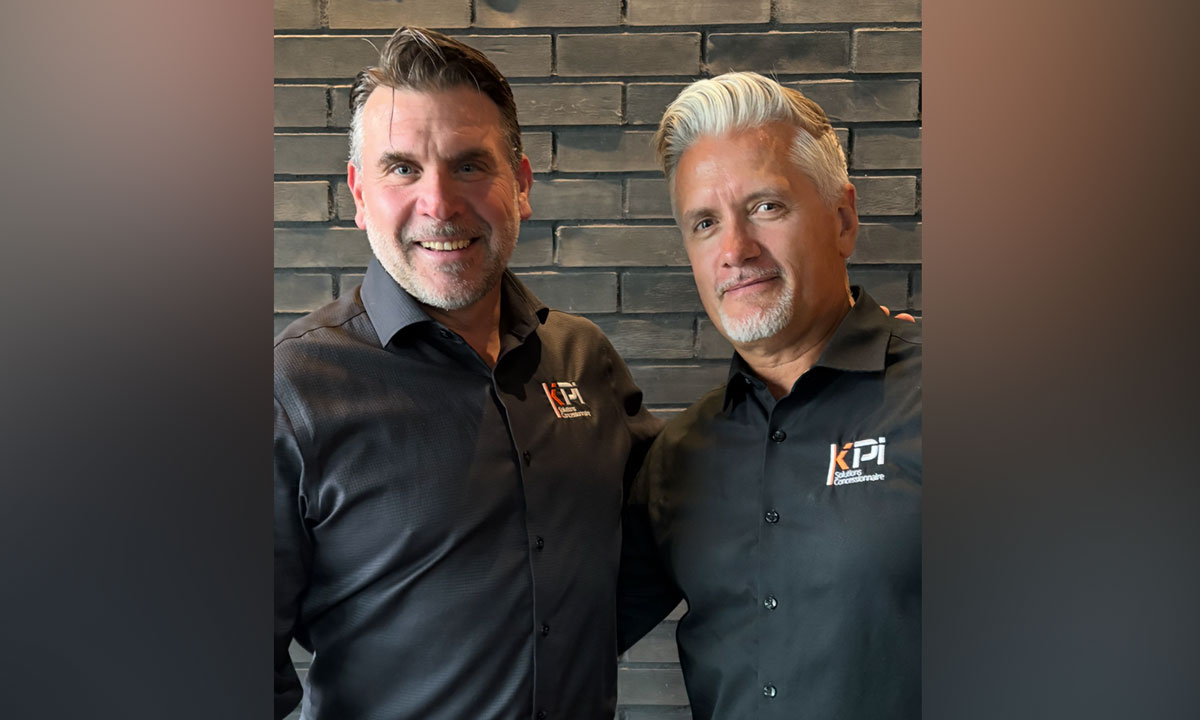As dealership fraud rises, so do efforts from Canada’s bankers to help dealers fight back.
For decades, Canadian auto dealers have relied on their banking partners not only for capital but for stability, training, and trusted guidance. Few know this better than Mauro Grande, Director of Operations and Policy for CIBC Auto Finance, who has spent over 30 years in the financial services sector — 17 of them directly in auto finance.
Grande has seen the sector weather multiple cycles, from the 2008 financial crisis to the digital transformation accelerated by COVID-19. Through it all, one lesson stands out: the dealer-banker relationship must remain close, adaptive, and rooted in mutual trust.
“We’re always tied at the hip,” says Grande. “Dealers and lenders are an extension of each other’s business, so our focus is always on building those relationships, finding ways to help each other out, and delivering programs, training, and support that make the partnership stronger.”
Rising fraud: new threats, new tools
One of the most pressing issues for today’s dealers and lenders is fraud. Identity theft, synthetic fraud, draft and cheque fraud, and even internal fraud within dealerships have all been on the rise. Grande stresses that the digitalization of vehicle sales, while creating efficiencies, has also made oversight more critical.
“COVID pushed the industry from a very in-person process to one that’s increasingly digital,” he explains. “That’s brought benefits for clients but also new risks. Fraudsters are sophisticated, and dealers are the first line of defence.”
CIBC has responded by advocating for the use of advanced fraud detection and prevention technologies. Chief among these is digital ID verification (IDV), which has rapidly evolved in the past few years and is becoming a standard across the industry. By verifying client identities earlier and more thoroughly, lenders can help dealers prevent losses before they occur.
CIBC is also collaborating with key industry partners like Dealertrack and Paays to strengthen real-time fraud alerts and support dealers with privacy-compliant data sharing. This kind of collaboration, Grande notes, will be essential to ensuring the entire ecosystem, dealers, lenders, and clients, remains protected.
“Addressing fraud requires a layered approach, constant monitoring, and ongoing information-sharing,” he adds.
Dealer training on best practices
Beyond technology, CIBC is investing in dealer training programs that highlight fraud red flags, hiring due diligence, and operational safeguards. Internal fraud — where dealership employees misuse information or collude with outside actors — is an especially sensitive issue.
“We’ve seen everything from outright collaboration with fraudsters to more subtle cases where someone uses another person’s ID to help a client qualify for a loan,” says Grande. “Part of our role is to share what we’ve learned with dealers so they can proactively prevent these situations.”
Upcoming training will place greater emphasis on background checks, employee oversight, and sharing lessons learned across the dealer network. Grande stresses that larger groups often have HR capacity to manage these risks, while smaller dealers may need more support and awareness.
Facing money laundering risks
Another growing area of concern is anti-money laundering (AML). With vehicle prices climbing steadily, cars have become effective instruments for moving large amounts of value quickly — sometimes across borders.
“It’s not a coincidence that identity theft often ends with vehicles being shipped overseas,” Grande explains. “We need to be diligent in preventing it.”
As a federally regulated financial institution, CIBC follows stringent AML and anti-terrorism financing standards. Beyond internal controls, the bank provides dealers with regular training on reporting large or suspicious transactions, unusual activity, and compliance with FINTRAC requirements.
Recent regulatory changes have made dealers themselves directly accountable for AML compliance. Grande believes this will ultimately strengthen the industry: “By developing their own internal procedures and controls, dealers will build greater awareness and resilience. That benefits all of us.”
Grande says fraud and AML safeguards are only part of CIBC’s broader commitment to helping dealers serve clients responsibly. Grande points to challenges such as negative equity and affordability pressures, noting that while disclosure requirements are strong, financial literacy among consumers remains uneven.
CIBC monitors dealer-originated transactions for patterns of concern and, when necessary, intervenes to protect both clients and the bank’s reputation.
As fraudsters become more inventive, Grande stresses the need for constant vigilance, technology adoption, and cooperation across the industry. From digital ID verification to enhanced AML training, CIBC is positioning itself as not just a lender, but a partner in safeguarding the auto finance ecosystem.
“At the end of the day,” Grande concludes, “the more we all do the right things, banks, dealers, regulators, the stronger the industry becomes. Protecting clients, protecting dealers, and protecting the market benefits everyone.”










